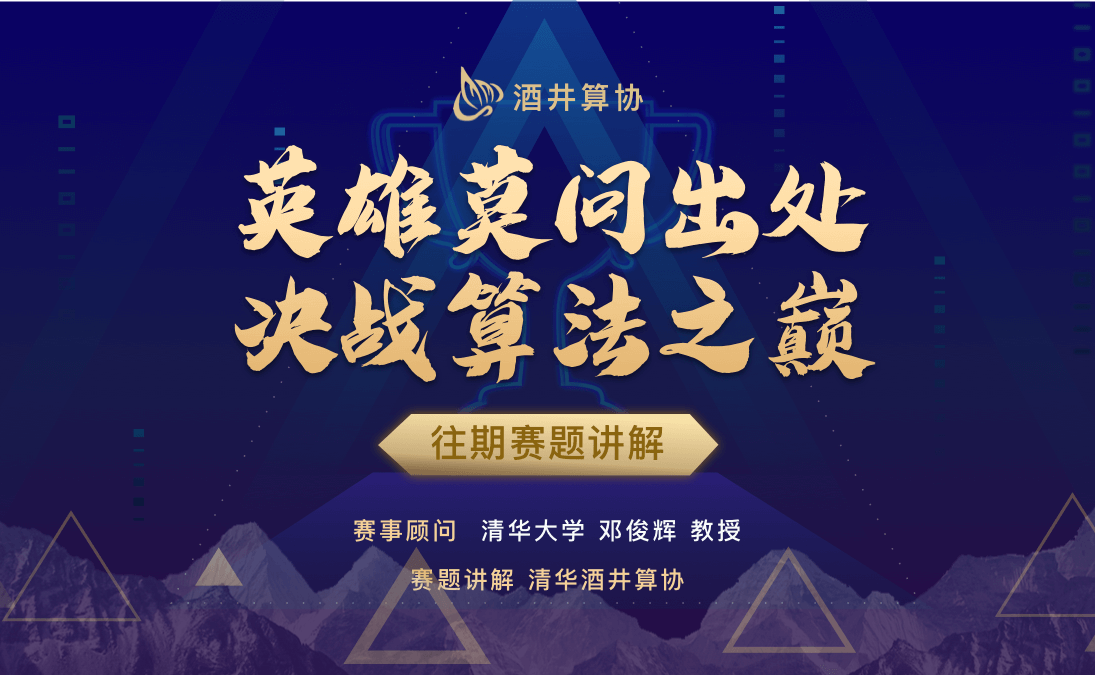
当前课程知识点:Hospitality English > 6 ESSENTIALS IN COMPLETING MTA THESIS > 6.1 Basic Structure of MTA Thesis/Project > 6.1.4 Main body(2)
返回《Hospitality English》慕课在线视频课程列表
Let's continue with the main body of MTA thesis. In this video, you will learn the research methods, discussion and conclusion of the thesis.
What type of data do you need to collect in your thesis?
And how will you analyze the data?
We would like to invite you to share some thoughts in the comments section below.
返回《Hospitality English》慕课在线视频列表
接下来是研究方法
它是规划框架或具体程序
收集和分析数据
因此 研究方法论这一章解释了
你做什么以及如何做
在本章中 你必须清楚地解释
你所做的研究的类型
你是如何收集数据的
你是如何分析数据的
你使用了什么样的工具
以及选择这些方法的基本原理
开发你的研究方法是
你的研究设计的一个基本部分
在计划你的研究方法时
需要做两个重要的决定
首先 你需要收集什么类型的数据?
第二 你将如何分析数据
因此 我们将详细讨论这两个问题
对于问题1
你需要收集什么类型的数据
你需要决定以下问题
包括首先 定性或定量
它的意思是你会用数字或文字来获取数据吗
第二 一手的或二手的
它的意思是 你会自行收集资料
或使用来自各种网站收集的资料吗
第三 描述性或实验性
你会测量事物的自身属性
还是进行实验
第二个问题
你怎么分析数据
在这一部分
你需要解释对于定量数据
你如何使用统计分析方法
来检验变量之间的关系
对于定性数据
你可以使用主题分析
来解释数据中的模式和意义
在研究方法论之后
论文的下一部分是讨论
讨论部分总结
和解释你的研究结果
首先 当你总结学习结果时
你是在回答你所有的研究目标或问题
你可以这样写
研究结果表明
或者研究论证了
或者该研究支持了之前的文献和理论
其次 当你解释研究结果时
你必须详细解释研究结果的意义
并将研究结果与之前的文献联系起来
同时 解释数据之间的关系和模式
讨论你的数据是否支持研究假设
如果假设被支持
那么说明你的研究
支持以前的研究和理论
如果没有支持
那么也要描述你的研究
不支持之前的理论或文献
此外 解释与预期不符或矛盾的发现的意义
接下来 结论是
论文结构的最后一部分
写作结论的主要目的
是为了简明地反映研究的目标
方法和发现
结论应该准确地
传达出你对研究的清晰理解
因此 为了写出一个好的 吸引人的结论
你必须关注四件重要的事情
第一 总结 第二 贡献
三是局限 四是建议
总之 你必须简要地
描述研究见解
避免与讨论部分重复
在贡献部分
你必须解释你的研究
对现有文献和知识的贡献
它意味着你的研究与别人不同
在局限性中
你必须考虑重要的研究局限性
最后 在建议部分
可以根据自己的研究局限性
对未来的研究提出建议
-1.1 Hospitality and Tourism
--1.1.1 Introduction of hospitality
--1.1.2 Introduction of tourism (1)
--1.1.3 Introduction of tourism (2)
--1.1.4 Basic conception of tourism (1)
--1.1.5 Basic conception of tourism (2)
-1.2 Tourism Industries
--1.2.4 Convention & exhibition
--1.2.5 Entertainment & recreation
-1.3 Nature of Tourism Businesses
--1.3.2 Characteristics of hospitality
--Week 1 Quiz
-2.1 Basic Approaches and Etiquette of Hospitality
--2.1.1 Basic approaches and etiquette of hospitality
-2.2 Meet and Greet at Accommodations
--2.2.3 Know how to offer more
-2.3 Meet and Greet at Other Situations of Hospitality
--2.3.1 At transportation services
--2.3.3 At conventions and exhibitions
--2.3.4 At entertainment and recreation situations
-2.4 Communication Skills of Online Travel Agency
--2.4.1 Communication skills of online travel agency
--Week 2 Quiz
-3.1 Culture and Communication
--3.1.2 The characteristics of culture
--3.1.3 What is communication?
--3.1.5 Myths of communication
-3.2 Barriers to Cross-cultural Communication
-3.3 Cross-cultural Communication
--3.3.2 Cross-cultural verbal communication
--3.3.3 Hofstede's cultural dimensions (1)
--3.3.4 Hofstede's cultural dimensions (2)
-3.4 International Practice in Cross-cultural Communication
--3.4.1 International practice in cross-cultural communication
--Week 3 Quiz
-4.1 Getting to Know Tourism Literature
--4.1.1 Significance of tourism literature
--4.1.2 Proper way to choose for reading
-4.2 Capturing the Main Ideas
--4.2.1 Starting with the title & abstract
--4.2.2 Following the structure to focus
--4.2.3 Identifying topic sentences
-4.3 Accumulating Idiomatic Expressions
--4.3.1 Expressions of defining & categorizing
--4.3.2 The extensive use of passive voice
-4.4 Summarizing Reading & Thinking
--4.4.1 Writing a summary of your readings
--4.4.2 Taking notes of your thinking
--Week 4 Quiz
-5.1 What Is A Literature Review
--5.1.1 The definition and types of literature review
--5.1.2 Systematic approaches of literature review
-5.2 Collection and Analysis of Literature
--5.2.2 Methods of literature collection
--5.2.3 Analysis of literature
-5.3 Content of Literature Review
--5.3.1 Concepts, propositions, and theories
--5.3.2 Conceptualization and theoretical framework
--5.3.3 Operationalization of the research framework
-5.4 Evaluate Your Literature Review
--5.4.1 Evaluation of your literature review
--Week 5 Quiz
-6.1 Basic Structure of MTA Thesis/Project
--6.1.5 Reference and acknowledgement
-6.2 Stages of Completing a Thesis
--6.2.1 Thesis initiation stage - research design
--6.2.2 Thesis initiation stage -research methodology(1)
--6.2.3 Thesis initiation stage - research methodology(2)
--6.2.4 Thesis initiation stage - research proposal
--6.2.5 Thesis writing and completion stage
-6.3 Essentials in Managing a Successful Thesis
--Week 6 Quiz
--Final Quiz

